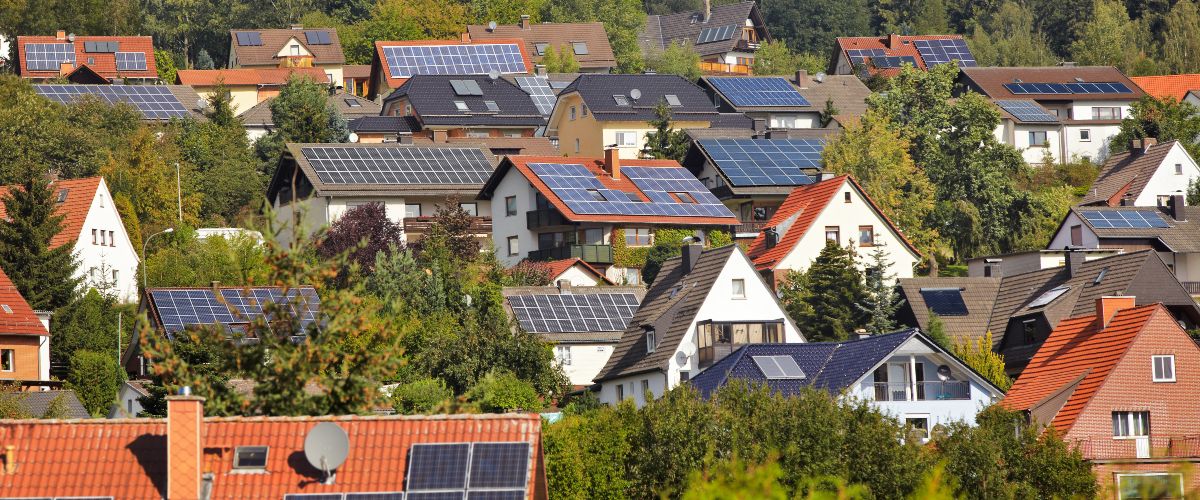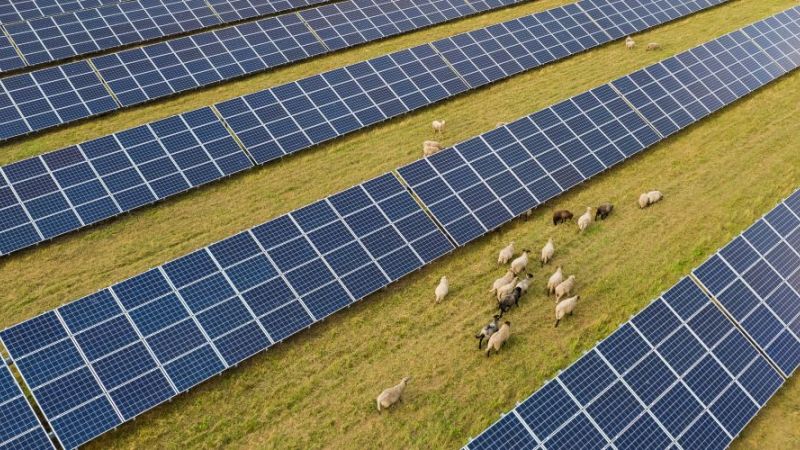Energy System Analysis And Cross-Sectoral System Modelling And Planning
Great need for research on energy system analysis and cross-sectoral system modelling and planning
In order to achieve climate neutrality in 2045, important social and economic decisions must be made today. The energy system analysis contributes to climate neutrality by using transdisciplinary research approaches to anticipate possible developments in the energy system and thus provide recommendations for action and orientation knowledge.
One of the BMWK's aims is to make the results of energy system analysis research available to society, business, politics and administration as quickly and purposefully as possible. Projects must therefore clearly emphasise their practical relevance or their contribution to the energy transition, describe possible use cases and involve practical partners such as companies, citizens, ministries and authorities, associations, consultants and local authorities in a binding manner. The projects should be integrated into the Energy System Analysis research network and other energy research networks. In this way, cross-thematic results can be disseminated and further stakeholders can be reached.
Eligible research content on energy system analysis and cross-sectoral system modelling and planning
The core of the research funding is the new and further development of system-analytical tools and methods as well as their exemplary application. The aim is to be able to solve previously unanswerable system-analytical questions relating to the energy transition and to improve the quality and efficiency of system-analytical analyses significantly. This will generate new insights and new orientation knowledge. Possible topics include model coupling, comparison and validation as well as methods for sector coupling and the consideration of stakeholder behaviour. The reduction of calculation times and the spatial, temporal and technological model complexity are also relevant. The transfer of methods to the regional level, for example as a decision support tool for municipal heat planning, is also eligible for funding. Methods for energy market modelling and for analysing interactions, for example between the energy system and the overall economy, society, industry (including corporate foresight, for example) or the environment, are to be further developed. With regard to the resilience of the energy system, the further development of methods for analysing the German energy system in a European or international context is relevant. In this way, research funding in energy system analysis contributes to illuminating possible transformation paths from different perspectives. Model calculations and studies using commercial models or methods that correspond to the state of the art in science and technology, as well as projects on technical simulations, are not eligible for funding.
Other relevant energy research topics on energy system analysis and cross-sectoral system modelling and planning
The demand and promotion of open science for models, data and publications are further objectives, if this does not conflict with security or property interests. Data is the foundation for energy system modelling. The processing, utilisation and provision of energy system-relevant data is therefore eligible for funding. The expansion and research of a well thought-out database that is available to researchers and users is also eligible for funding. This increases transparency, enables the reproduction of results and creates the conditions for social acceptance of the results and the involvement of social actors (citizen science).
Suitable communication tools are to be further developed to communicate recommendations for action and orientation knowledge, for example in the context of corporate strategy processes or social discourse.






